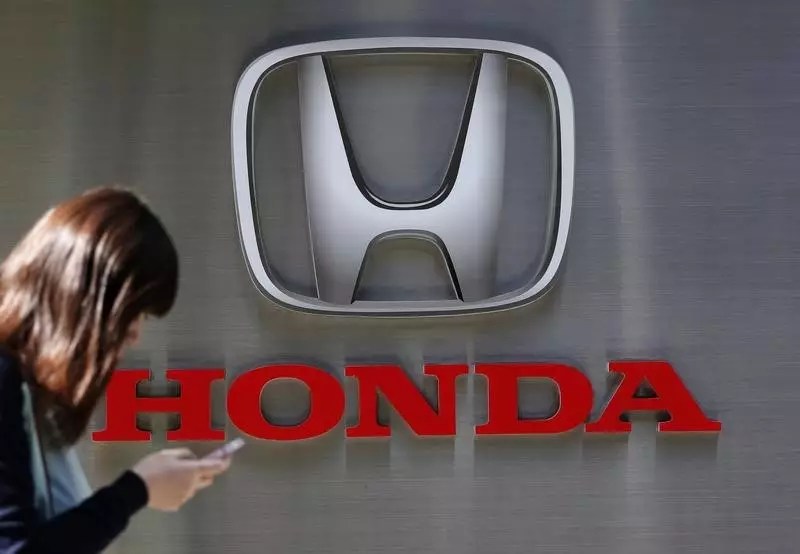In a significant development in the automotive sector, Honda Motor Co. Ltd. and Nissan Motor Co. Ltd. are reportedly on the brink of finalizing a merger agreement by June 2025. This ambitious move, which has garnered widespread attention, aims to create a formidable joint entity in an increasingly competitive global market. The significance of this merger extends beyond mere consolidation; it reflects the overarching pressures within the automotive industry as manufacturers navigate evolving consumer preferences, technological advancements, and fierce competition.
Both Honda and Nissan have encountered notable challenges in recent years, particularly in key markets like China, where electric vehicle (EV) demand is skyrocketing. Industry analysts have noted that both companies have been losing market share to aggressive competitors, including Tesla and various local manufacturers in the Chinese EV sector. The emergence of these pressures has stiffened competition, prompting traditional automakers to reconsider their strategies and operational frameworks.
As they stand at a crossroads, Honda and Nissan’s discussions come at a pivotal time when both firms are experiencing declining overseas sales and dampened demand in critical regions such as the U.S. and Europe. Reports indicate that a basic merger agreement has already been signed, with formal announcements and additional details expected to unfold in the coming days.
A notable aspect of the proposed merger is the intention to establish a holding company that will serve as a structural backbone for the newly combined operation. This approach allows for flexibility and operational synergies while attempting to retain the core identities of both brands. Mitsubishi Motors Corp., wherein Nissan holds a significant stake, has also indicated a potential interest in joining the fray, suggesting that the merger could culminate in an expanded automotive powerhouse.
This strategic alignment could elevate the new entity to become the third-largest automobile manufacturer globally by sales, indicative of the profound impact such a merger would have on the industry landscape. This not only enhances competitive positioning against rivals but also fosters greater resilience in a market characterized by rapid technological shifts and evolving regulatory environments.
Despite the promising potential of this merger, it is essential to acknowledge the inherent challenges that lie ahead. The automotive industry is undergoing transformative changes with the anticipated shift towards electrification and sustainable mobility solutions. Both Honda and Nissan will need to effectively leverage their combined resources, expertise, and innovations to navigate this evolving landscape.
Furthermore, the integration process between two distinct corporate cultures poses a notable risk. Harmonizing operations, aligning strategic goals, and ensuring consistent branding will require thoughtful planning and execution to avoid disruption and maintain market competitiveness.
As Honda and Nissan venture into this uncharted territory, they stand on the brink of potentially redefining their futures within the automotive landscape. By pooling resources and expertise, they have the opportunity to emerge more resilient and better equipped to face the pressing challenges of the modern automotive era. The success of this venture remains contingent on strategic execution and a shared vision, but the potential rewards could profoundly alter the automotive industry as we know it.


Leave a Reply